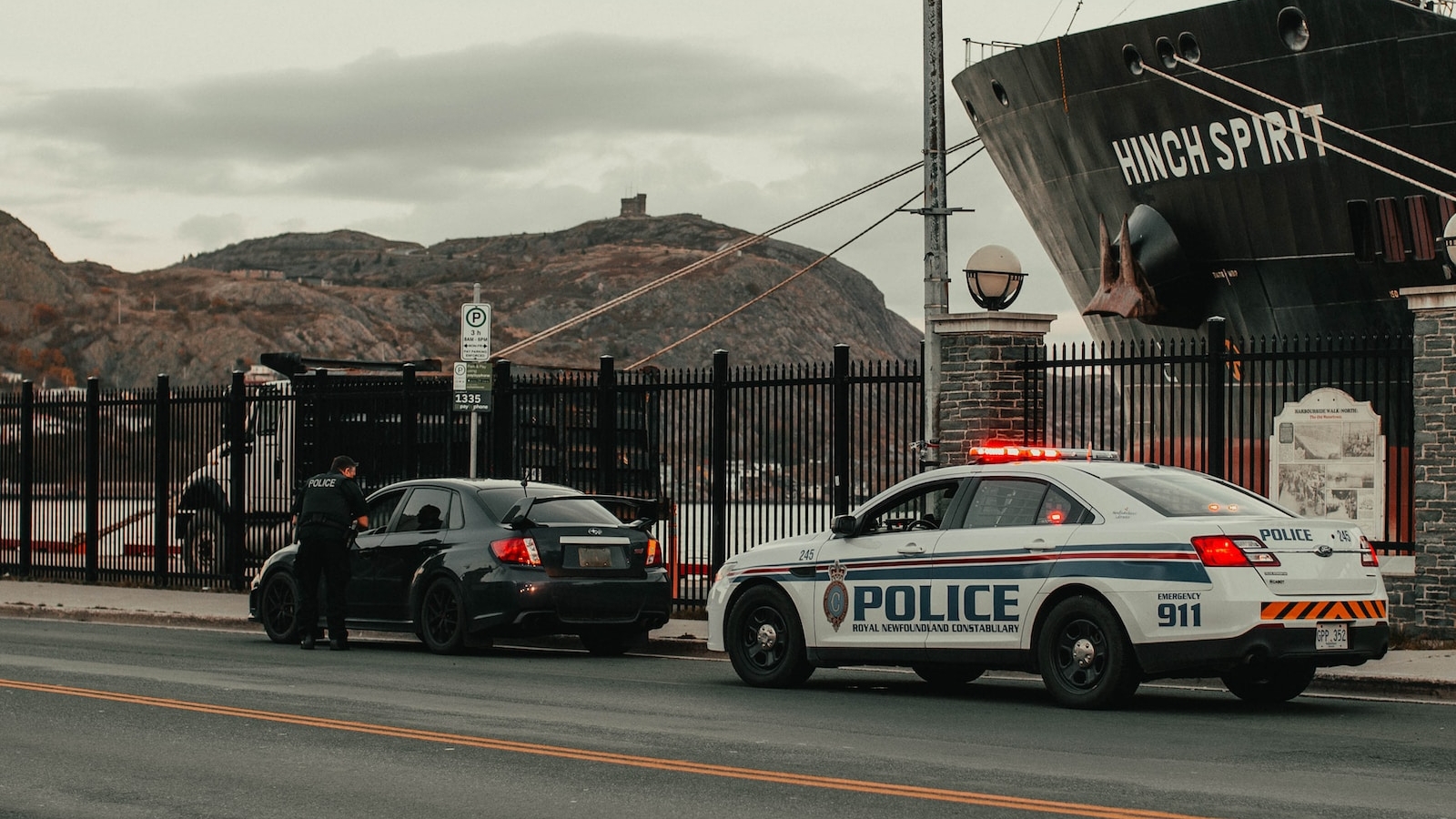Police court
Our lawyers have decades of experience in criminal defence before the police court. Our experience shows that it is very important to appear well prepared before the police court.
Why Yprius for your defence in the police court?
We argue cases before the police court all the time. We are experienced in defending any type of traffic offence. The rapidly changing traffic laws hold no secrets for us and we are familiar with the customs and sensitivities of each police court.
Yet every case is also different and we are happy to take the time to discuss the content of the criminal case with you.
Legal assistance insurance police court?
If you have legal assistance insurance, you can choose your own lawyer to represent your interests. We are happy to work with your legal assistance insurance to ensure that you get the best possible legal representation and assistance. That way, our assistance is free of charge to you. Contact us free of charge after you have received a summons to appear before the police court.
Our approach in traffic cases.
We will contact your insurance company and study the criminal file. We give you an initial assessment of the possible consequences.
We discuss with you the best strategy for your defence before the police court.
Together, we gather the necessary evidence and prepare the documents.
We argue the case for you at court. Usually, you yourself do not have to be present at the police court, otherwise we notify you. We then also discuss the course of a hearing.
We take care of further follow-up after the verdict.
Which offences fall under the jurisdiction of the police court?
We defend clients before the police courts of Kortrijk, Ieper, Veurne and Bruges, as well as before other police courts for the following traffic offences:
- speeding
- driving under the influence of alcohol (intoxication)
- drunkenness
- driving under the influence of drugs
- hit-and-run offence
- mobile phone use at the wheel
- red light running
- driving while under a driving ban
- driving without a licence
- driving without insurance
- ignoring orders from authorised persons (police officers)
- ignoring a traffic sign
- approaching a foreseeable obstacle
- failing to give way, opening door
- not wearing seat belt
- no valid roadworthiness certificate
- failure to register the vehicle
- physical or mental incapacity to drive (section 42)
- failure to disclose identity of driver as a company
- fatal accident







